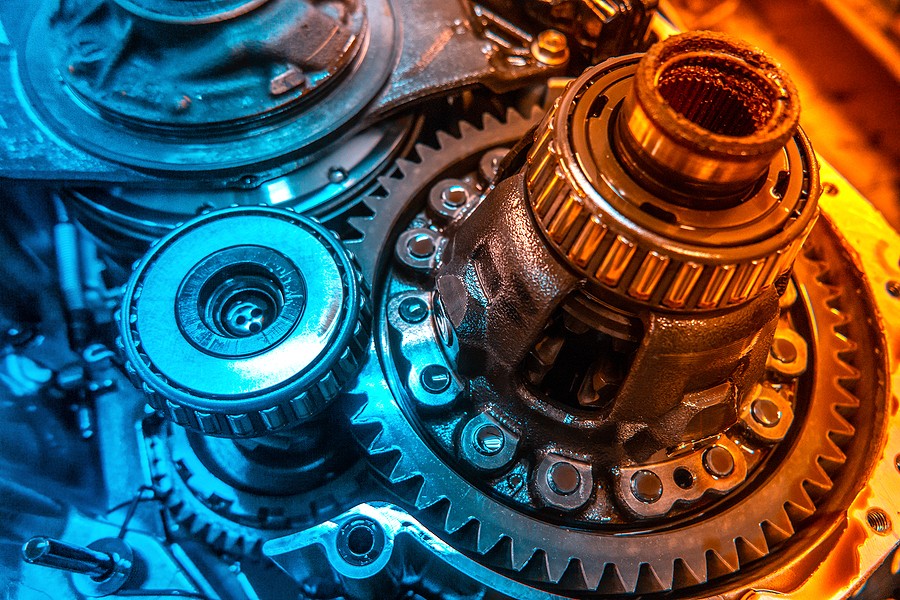Most people know the basics of car maintenance: change the oil, check the tires, etc. But some things are a little more complicated, and one of them is transmission maintenance.
Transmission problems can be difficult to diagnose, and they can also be expensive to fix. That's why it's important to know the most common causes of transmission problems. By understanding these causes, you can take steps to prevent them from happening in the first place.
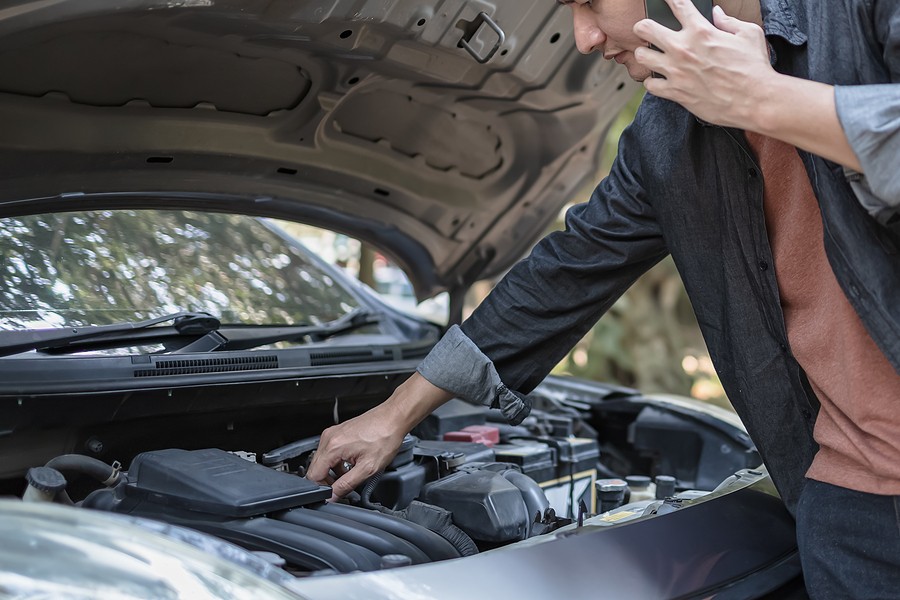
What is a transmission?
The transmission is an incredibly complex system. It's a combined gearbox and differential (the part of the car that sends power from the engine to the wheels)
It has multiple gears and uses fluid pressure to transfer power between them. You can find more detailed information about how a transmission works here.
In a car, the transmission transfers power from the engine to you. It's a combined gearbox and differential. The gears are arranged in a complex series of “buckets” or “clutches.” This lets the transmission shift gears efficiently without requiring much power from the engine.
There are three types of transmissions: manual, automatic, and continuously variable. Automatic and continuously variable transmissions use fluid pressure to transfer power between gears.
The two most common transmission fluids for cars are:
- gear oil (used in manual and some automatic transmissions), and
- automatic transmission fluid (used in most automatic transmissions).
All of these components work together to move your car. As you drive, the transmission oil pumps through tubes and hoses to various components in the system. It absorbs heat from those parts as it does so, but eventually, that excess heat reduces the fluid's ability to transfer power smoothly. Over time, this can lead to transmission issues.
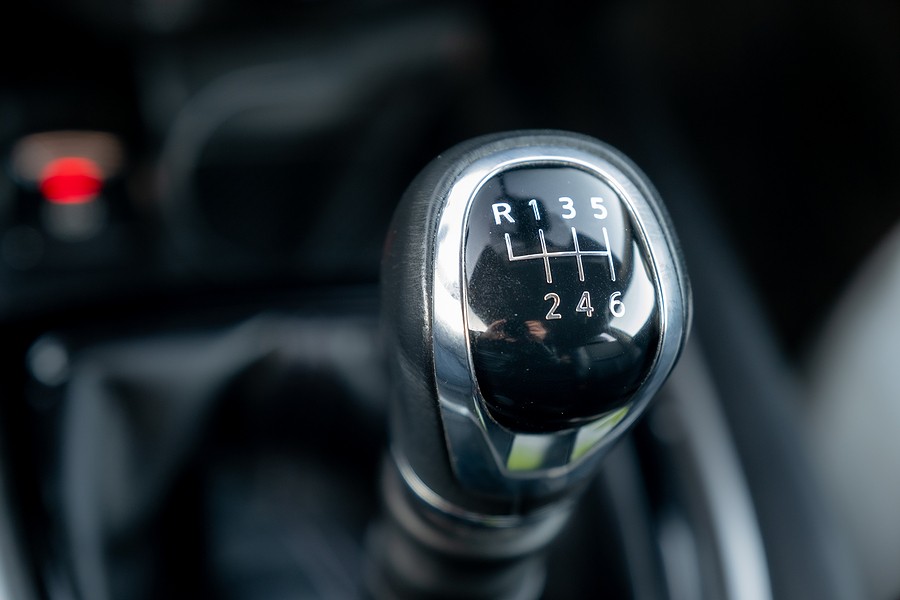
Ten common causes of transmission problems
Although the transmission is a durable component, it can be prone to problems like any complex system. Here are ten common causes of transmission problems and how you can prevent them:
1. Poor shifting
When the car is in motion, the final drive transfers power through a gear to the wheels. If this gear slips or otherwise breaks, the car will lose all power and come to a stop.
2. Bad final drive
The final drive is the last stage in the transmission, and it usually sends power to the wheels. However, it's a large gear and can be prone to damage due to rough driving or sitting for long periods without moving (i.e., parking on an incline). If it breaks, you lose all power and momentum.
3. Dirty fluid
The fluid that has turned black or smells burnt is no longer in prime condition. It should be replaced with fresh fluid to keep the transmission running smoothly.
4. Clutch failure
The clutch is an important part of any manual transmission because it lets you shift gears without using the engine (the engine turns faster than the wheels). If it fails, your car loses all propulsion until you shift into neutral and coast to a stop.
5. Damaged input shaft seal
The input shaft takes power from the gears or clutch and sends it to the rest of the system. The seal prevents damage when metal components rub together at high speeds, but it can fail if the transmission gets too hot. You lose all power until you pull over to a safe stop if it does.
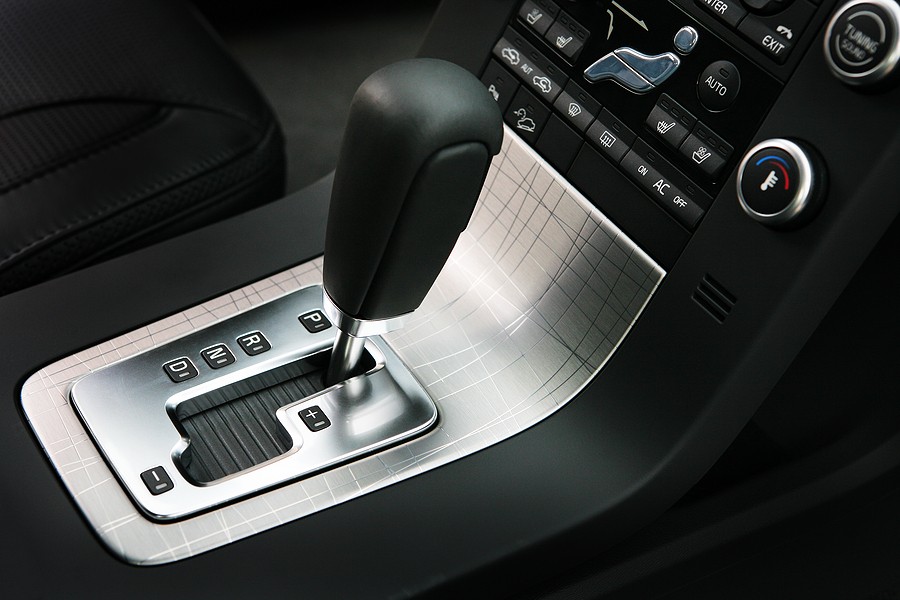
6. Damaged input shaft clutch
Inside the input shaft is one or more clutches that take power from other system parts and transfer it to the gears inside. If this clutch fails, your car will still work in neutral even though you haven't shifted into gear. But when you try to drive, there's no power at all until you switch back into neutral and coast to a stop.
7. Binding lower band
The lower band controls part of how the final drive works, and if it breaks or wears out, your car won't go very far without another problem (such as heat or poor fluid).
8. Damaged output shaft
The output shaft is the last stage of any transmission, and it sends power to the wheels. Any issues with this component reduce your car's ability to move forward until you pull over and turn off the engine. For instance, if there's a problem with the gears inside, they can't transfer power smoothly. This causes excess wear on other system parts, leading to serious damage.
9. Bad solenoids
A solenoid is essentially an electrically-controlled valve that lets oil into specific components in the transmission at just the right time. If one fails, oil doesn't flow to those components correctly, and problems can break out.
10. Bad controller unit
The controller unit is a computer chip that controls the shifting of a manual transmission, and it's essential for smooth operation. If it fails, your car will have problems going into gear or staying in gear. It can also be damaged by an electrical surge from the battery or ignition system. In any case, you should have this inspected as soon as possible to avoid further damage or reduced performance.
Transmission problems aren't always easy to predict, so it's good to be aware of these common causes and check on them regularly. Prevention is the best medicine against these issues, so take care of your car according to manufacturer recommendations and schedule regular inspection appointments with a qualified mechanic.
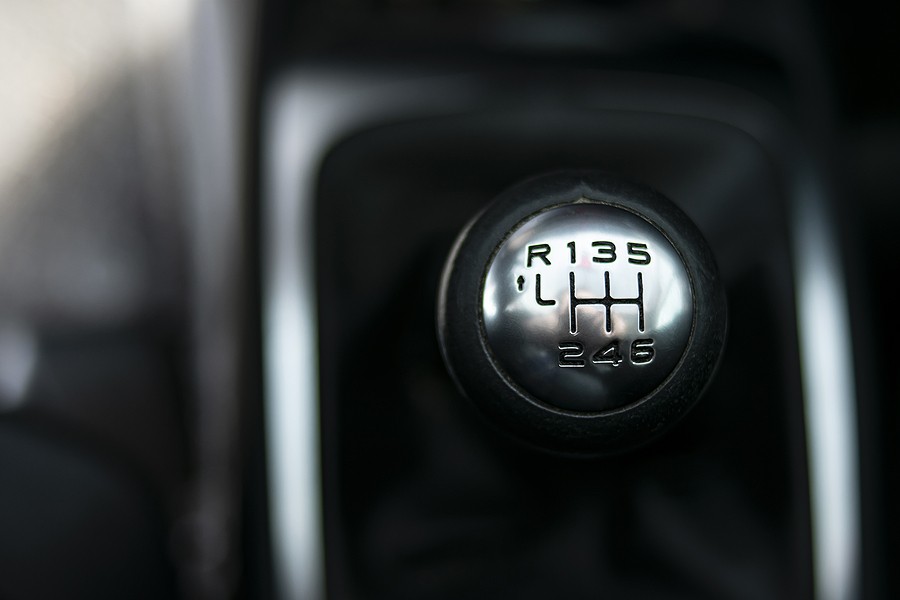
How can you prevent transmission problems?
Since transmission is a very complicated system, it's difficult to provide a simple solution for preventing transmission problems. Let's take a closer look at some recommendations by automotive experts:
1. Change your transmission fluid every 30,000 miles
The first step you should take is to provide a regular “dose” of fresh fluid. If you keep the old fluid in your transmission, it will become dirty and less effective. A poorly running transmission can lead to serious damage, so be sure to replace it on schedule.
2. Clean out your engine
A clean engine environment is better for any system that uses liquid because dirt and debris can cause small components to fail. If you've ever noticed a burning smell when driving, it might indicate excess debris in the oil pan or elsewhere in your car's engine (exhaust). It would help if you got this checked by a mechanic as soon as possible before problems occur.
3. Use proper fuel
Using high-quality fuel with the correct octane level plays an important role in preventing transmission issues. This doesn't mean you should avoid cheap gas, but it does mean that lower octane fuel can cause an issue with the electronic controls in your car – leading to reduced performance and potential damage.
4. Keep up on regular maintenance
Regular preventative maintenance is one of the best steps you can take to protect your transmission against issues. Look at your owner's manual for manufacturer recommendations, then schedule those services as close as possible to those deadlines. It doesn't hurt to check on them more often, but the chances are excellent that doing so won't help you keep costs down (unless they tell you otherwise).
5. Have professionals check things out once in a while
If something seems off with your car or transmission, make an appointment with a professional to check it out. If they detect a problem, don't let them fix it right away. Instead, make an appointment for the near future so you can see whether or not the problem has worsened. This way, you'll know what to expect if your car needs work soon.
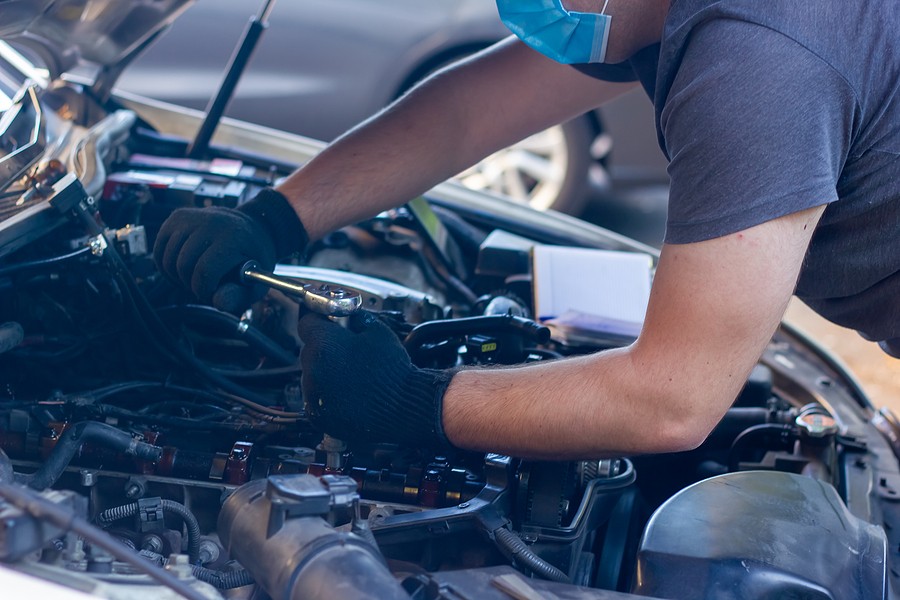
6. Check on electrical issues regularly
Electrical problems are hard to detect but easily cause damage that's almost impossible to repair later. Make sure connections are clean and tight, especially around batteries and the ignition system. Keep these components free of debris at all times to reduce the chances of failure.
7. Address any fluid leaks immediately
If your car is leaking liquid anywhere other than where it's supposed to be (like around the transmission pan), address this as soon as possible. Fluid leaks can be difficult to detect and fix, so the sooner you discover them, the better.
8. Don't ignore warning signs
If your car is giving you warnings about transmission issues (like dashboard lights ), pay attention and don't ignore them! Ignoring these problems will make it more difficult for a mechanic to pinpoint the cause of the issue, which means they may have to go on a wild goose chase to find out what's wrong with your car. That means increased labor costs – so stay informed whenever possible by listening closely to your car's alerts.
9. Take care of minor issues immediately
Don't let problems turn into major ones by ignoring them for too long. Delaying or avoiding minor problems can often lead to more extensive issues that are harder to identify and fix, which means you're likely to spend more money in the end.
10. Have your car inspected after a collision
An accident is stressful enough without having to worry about what kind of shape your transmission is in afterward. A good mechanic will check this for you to know whether or not it needs attention (if they don't, find someone who will). Although collisions are inevitable sometimes, there's no reason to let them result in high repair costs due to damaged equipment! After all, you want things repaired as quickly as possible…and at the lowest possible cost.

How to tell if you need a new transmission?
It would be best to get this checked by a mechanic as soon as possible before problems occur. If your car shudders or jerks when you shift gears, it could be a sign of a transmission problem. If you feel a vibration while driving, it is most likely caused by worn-out engine mounts. You can confirm this by driving on smooth roads and feeling vibrations in the steering wheel or seat.
If something seems off with your car or transmission, make an appointment with a professional to check it out. If they detect a problem, don't let them fix it right away. Instead, make an appointment for the near future so you can see whether or not the problem has worsened. This way, you'll know what to expect if your car needs work soon.
It doesn't hurt to check on them more often, but the chances are excellent that doing so won't help you keep costs down (unless they tell you otherwise).
If something seems off with your car or transmission, make an appointment with a professional to check it out. If they detect a problem, don't let them fix it right away. Instead, make an appointment for the near future so you can see whether or not the problem has worsened. This way, you'll know what to expect if your car needs work soon.
Electrical problems are hard to detect but easily cause damage that's almost impossible to repair later. Make sure connections are clean and tight, especially around batteries and the ignition system. Keep these components free of debris at all times to reduce the chances of failure.
Even if you think the problem is minor, it's best to call your car mechanic right away. Most mechanics offer free diagnostics depending on the make and model of your car; take advantage of this service by letting them know what you're experiencing. In addition, of course, it doesn't hurt to check on them more often, but the chances are excellent that doing so won't help you keep costs down (unless they tell you otherwise).
How much does it cost to fix transmission problems?
The cost of a transmission repair depends on the extent of the damage, along with the type and model of your car. It also depends on if you have an automatic or manual transmission.
For example, a 2005 Honda CRV with over 200,000 miles costs about $1500 to be repaired, while the same make and model may cost nearly twice as much for a newer model. Ensure to receive an estimate before the repair to be aware of the cost beforehand.
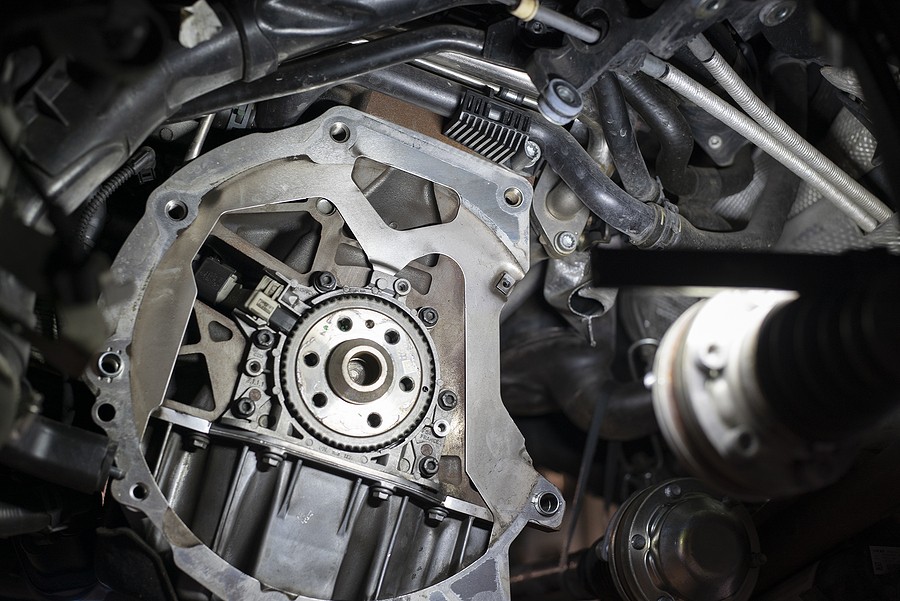
When should I sell my car if it has transmission problems?
If you plan to sell your car, it is best not to repair the transmission. This way, you can receive more money for your car since buyers know that they will most likely be faced with an expensive problem in the future. If the transmission has not yet been given out but will need repairs soon, you can still get a good price for your car.
Keep in mind that private buyers might not be willing to pay as much for your car if they know it will need a lot of repairs. Dealers may take on the responsibility of fixing transmission issues, but you can expect them to mark up the price of your car accordingly.
However, Cash Cars Buyer offers a great solution for selling your car even if the transmission is going out. We take away all the hassle of dealing with dealers and people who can't or don't want to pay for repairs, so you get cash on the spot.
Reach out to us today by giving us a call at (773) 791-4363!

Conclusion
Transmission problems can be costly and inconvenient, but they're often preventable. By being aware of the ten most common causes of transmission problems, you can take steps to avoid them and keep your car running smoothly. If you experience a problem, don't wait – get it checked out as soon as possible!

